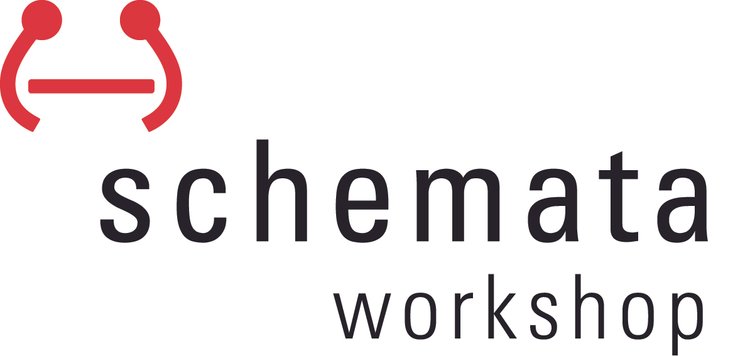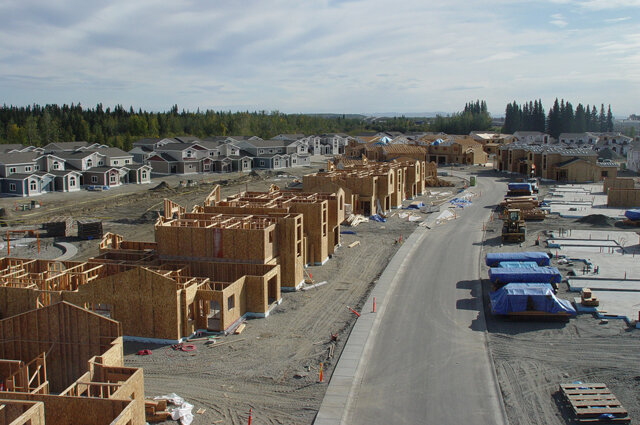Schemata principal Geoff Anderson has successfully completed the Design-Build Institute of America’s comprehensive education, training, and certification testing program to achieve the designation as a nationally certified Associate Design-Build Professional.
DBIA Certification is the nation’s only measurable standard of an individual’s knowledge of the Design-Build Done Right principles, which are vital to successful project delivery.
I have a long and successful history of working on Design-Build projects. These range from multi million-dollar community recreation projects, to over 500 housing units in Alaska, to smaller scale projects. All of these were completed well before I even considered getting DBIA Certification, but were built using the key touchstone of Design-Build: collaboration. I suppose I was lucky to be a part of these great teams and successful projects even early in my career, and they continue to shape my approach to my work. Going through the certification workshop and materials, it has been fascinating to think back on these personal experiences and compare them to DBIA’s Best Practices.
The key to a Design-Build project is that the owner holds a single contract with the design and contractor team. The General Contractor, Architect, and Engineers are integrated as a single entity that relies on collaboration and trust for success. There are many benefits to this contracting method. Owners might choose it for the accelerated schedule and innovative design solutions, especially if they are flexible on the specific details and approach. As a best practice, it is recommended that the owner picks a team based on qualifications rather than price. This best value approach considers both quantitative (price) and qualitative (technical) aspects of a Design-Build team’s proposal.
Family Housing Replacement - Siku Basin | Fort Wainwright, AK - photo courtesy of Ken Graham Photography / Osborne Construction Co
As I reflect back on my own experiences, as well as my certification process, I have gathered a few guiding thoughts that I will take with me into future Design-Build projects:
Clearly Define the Performance Requirements. This is possibly the most challenging but important part of any Design-Build project. These lay out the expectations for the project and should be objective and measurable. I worked on one project where this could have been improved upon: A Progressive Design-Build, where two teams competed beyond the qualifications-based selection phase to prepare a schematic design that met the stated performance requirements. In the end, our team felt like we were able to creatively deliver the on the objectives and stay within budget, although we strayed from one wish list item -- to have a second floor. Although this was not explicitly identified as a Performance Requirement, it worked against us. The project was eventually built by the other team, but we felt justified by the fact that our team was truthful, effective, and adherent to the Performance Requirement.
Creativity and Innovation are Essential. These have been key to the overall success of each of my Design-Build projects. For the housing projects in Alaska, the owner (the Department of Defense) was very prescriptive about many of the project requirements. This prescriptiveness is counter to the creativity that is central to DBIA’s Best Practices. Regardless, our team was able to develop plans and details that allowed us to panelize nearly all the framing for the homes, including the stair elements. This resulted in construction being able to advance year-round in the shop, despite the climate-shortened window when crews were able to work on site. At the peak of production on site, crews were able to fully assemble and “dry-in” six homes per week.
Family Housing Replacement - Denali Village | Fort Wainwright, AK - photo courtesy of Osborne Construction Co
Designing to Price is the Key to Success. In Design-Build, the price is set early in the process, and the Design-Build team needs to design and hold to that price. This means having a team build on close collaboration and trust is essential. For a small community pool project in remote central Washington, the Design-Build teams were asked to tell the city what they could get for their budget. As the team which promised the most, we won the job. We delivered on our proposal by joining forces with a prefabricated pool manufacturer, minimizing the need for specialty trades to travel and work on the rural project site. We were also able to work directly with the manufacturer to ensure our design and technical details were correct through the shop drawings process.
Othello Community Pool | Othello, WA - photo courtesy of: Aquatics International
These lessons learned have been important in my development as an architect, and I look forward to future Design-Build opportunities to apply them along with the knowledge I have gained from my DBIA Best Practices education. I am now proud to be an officially certified Associate Design-Build Professional®.





